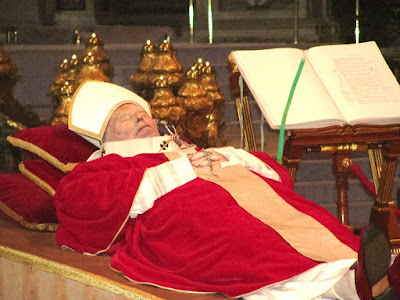Each year, without fail, the Church celebrates this occasion on the last Sunday of September. This year marks the 110th WDMR celebration, and it falls on 29 September 2024. Our Holy Father, Pope Francis, has chosen the theme, “God Walks with His People.” In their journey, migrants and refugees see God as their steadfast travelling companion, guide and source of strength, journeying towards our “true homeland”. They trust in Him and seek comfort in times of need, finding reassurance and hope in His presence.
The Book of Exodus recounts the Israelites’ journey from Egypt to the Promised Land, moving from slavery to freedom over a span of 40 years. This journey symbolises the pilgrims of the Church, the people of God, from the earthly to the heavenly kingdom, to be in communion with the Lord (cf. Lumen Gentium, #49). In today’s world, we see migrants and refugees who have left their homeland and are struggling in foreign lands, with many looking for resettlement or ways to return home. Their experiences reflect a profound journey towards their eternal homeland to become citizens of heaven (cf. Phil 3: 20).
Working and ministering with migrants and refugees has been an eye-opening experience for me. It is all about realising the Gospel spirit – “I was a stranger, and you welcomed me” (MT 25: 35). I have come to understand the importance of showing empathy and care for these individuals who have left their homeland to find new prospects, and live their lives in a new land. I take great pride in working closely with them, addressing their pastoral and physical needs, and in return, I have learned so much. This experience significantly impacted me, broadening my understanding of humanity and shaping my priestly ministry.
By reaching out to them, we can make them feel welcomed and accepted. Let’s journey with them, be “synodal” together, and offer hope and consolation so they may feel at home within our plural society and culture.









.webp)
.jpeg)
.jpeg)
.webp)

.webp)
.jpeg)


